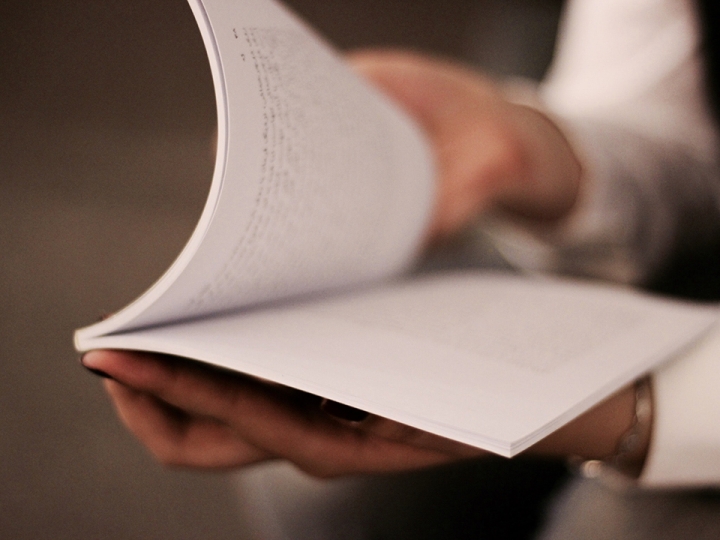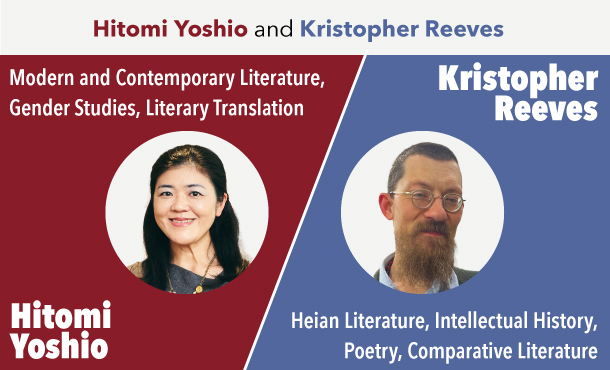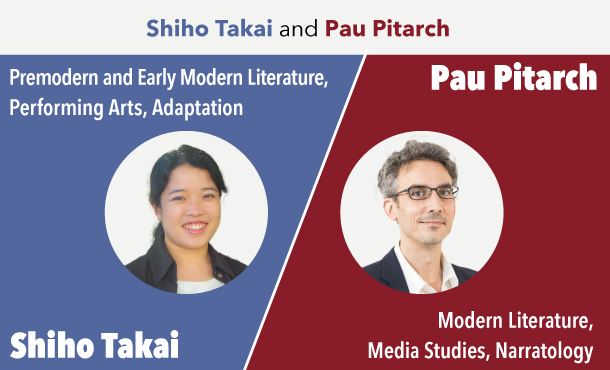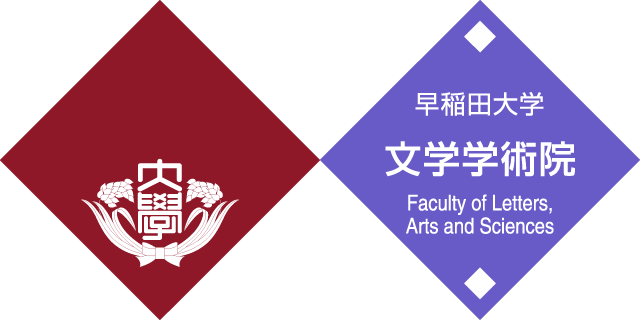- Education
- Master's Program (Global-J)
Master's Program (Global-J)

- Overview
- Graduation Requirements
- Curriculum
- Research Advisory Pairs
- Expectations Regarding Language Ability
- Admission
Overview
The Global-J MA program, in its capacity as a graduate-level educational program committed to the highest international standards, aims at fostering highly skilled researchers who will capture the attention of universities and other academic institutions all over the world. Furthermore, this program seeks to train individuals equipped with specialized knowledge and skills relating to the field of Japanese studies, matched with an extremely high level of English and Japanese-language proficiency, who will be able to contribute their unique talents to various companies and international institutions outside of the university setting. As a means of fostering scholars, educators, and specialists in possession of both a broad range of knowledge as well as a high level of adaptability, individuals who are truly capable of playing leading roles in the field of Japanese studies on an international stage, this program offers students customized research guidance by a team of co-advisors, along with lectures and seminars taught in both English and Japanese. As a rule, master’s theses are to be written in English.
Graduation Requirements
1. 32 or more credits
*14 of these credits must be earned from Required Courses
2. Completion of a master’s thesis
Curriculum
Since required courses alone cannot fulfill the 32 credits necessary for graduation, please select courses from Elective courses to fulfill the credits. You may also choose from other course categories indicated in the Course Registration Guide.

Research Advisory Pairs
Graduate students at Global-J work closely with two advising professors known collectively as their advisory pair. This collaborative system has been put in place as a means of fostering in each graduate student a broader knowledge base, a higher degree of adaptability, and a richer set of academic skills.
Students will be assigned to an advisory pair upon admission, and will be required to take research seminars from their advising pair. Students may also register for research seminars with the other advisory pair, if they wish.

Dr. Yoshio focuses on modern and contemporary Japanese literature, especially on women writers, while Dr. Reeves works primarily with premodern Japanese and Sinitic (classical Chinese) literature. Both professors are active translators of Japanese literature and have a deep knowledge of translation theory. Graduate students working with these two professors will be invited to engage not only with their chosen primary texts but with theories and methodologies that help them look at and talk about these texts in different and original ways.

Dr. Takai’s research focuses on early modern Japanese theater and other performative genres, along with classical literature, while Dr. Pitarch works on modern Japanese literature, with an emphasis on media studies. Both professors are intimately acquainted with the world of translation theory. Students working with these two professors will be able to explore in greater depth a number of issues relating to performative genres, visual media, and the role of translation and adaptation in literary reception.
Expectations Regarding Language Ability

Most of the seminars and lectures held in Global-J will be conducted in English, including the great majority of in-class discussions and presentations. While all incoming students must possess a high degree of English-language reading comprehension and writing skills, they will furthermore be expected to have a solid working knowledge of Japanese as they engage with primary texts written in the Japanese language. Graduate students are encouraged to work hands-on with a wide variety of texts belonging to different genres, in the original Japanese, from the premodern, early modern, and modern eras.
